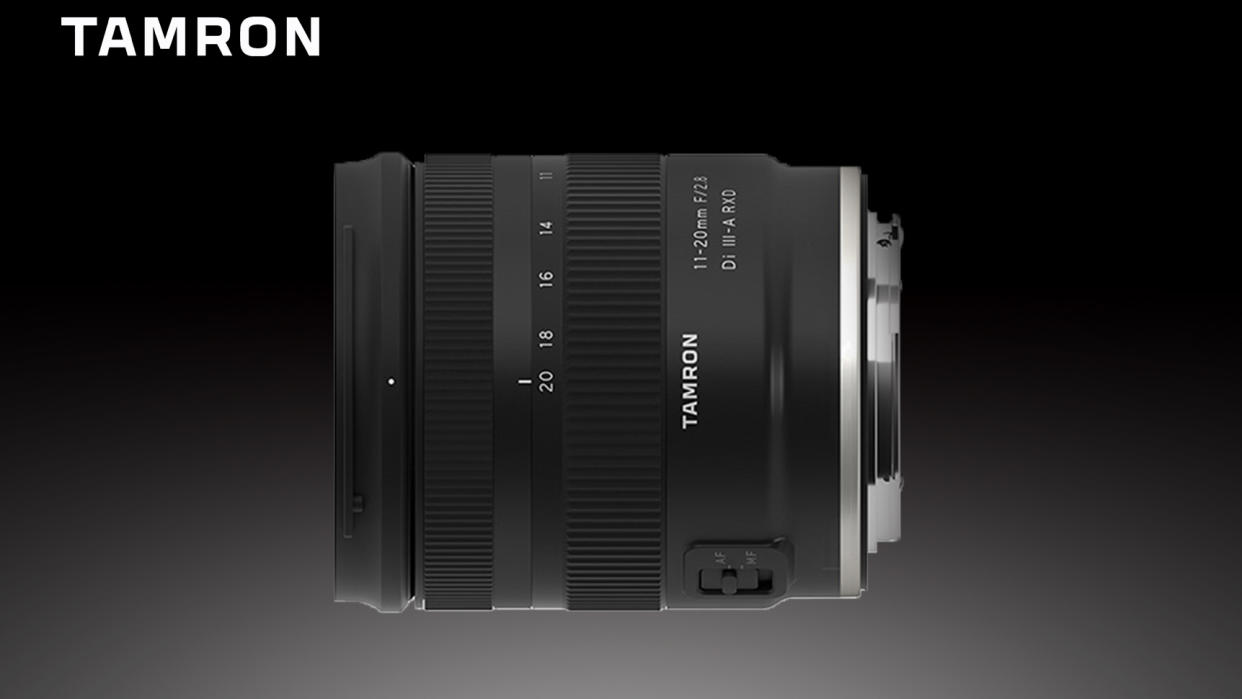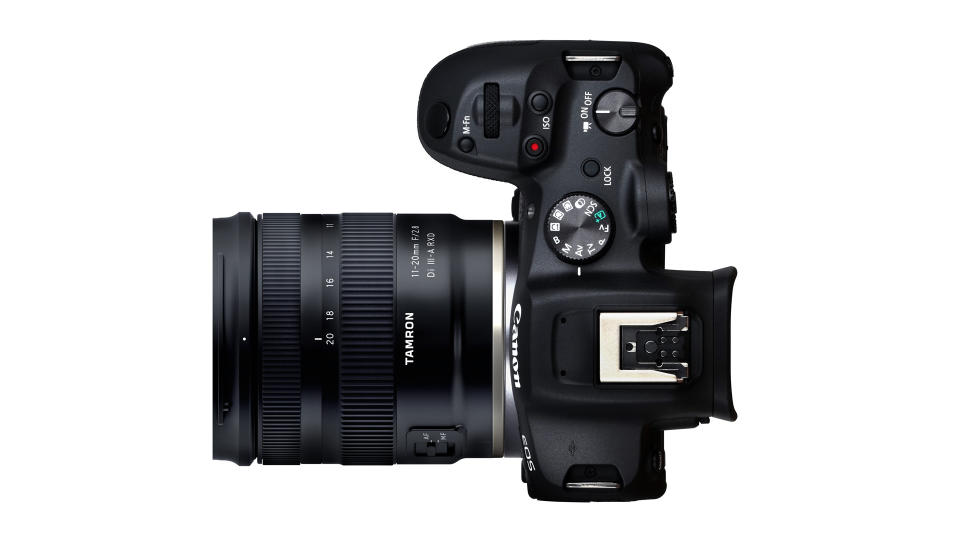AT LAST! Tamron announces the development of its first Canon RF lens

Since the launch of the Canon EOS R system in 2018, Canon has been extremely restrictive when it comes to the development of third-party autofocus RF lenses. It appears that Canon has just loosened the stranglehold, though, as Tamron has announced the development of its first RF lens – with autofocus – and Sigma is set to follow suit later in the year.
Tamron has revealed that its first RF lens is in development, and will be the Tamron 11-20mm f/2.8 Di III-A RXD – an ultra-wide-angle RF-S zoom lens designed for Canon's APS-C cameras such as the Canon EOS R7 and Canon EOS R50.
Tamron's lenses have been increasing in popularity, and it is fast becoming the go-to manufacturer for lightweight third-party lenses at an affordable price. The 11-20mm f/2.8 has been on the market for Sony and Fujifilm for a couple of years, and was rated highly in our review in 2022, so it makes a great option for Tamron's first RF optic.

The decision to develop the new 11-20mm f/2.8 came after receiving "many requests from customers" for an RF-mount Tamron lens.
The lens is fast, with a maximum constant aperture of f/2.8 across the whole focal range. Tamron states that, for a fast wide-angle zoom, it is "surprisingly compact and lightweight" in design, making it feel well-balanced when attached to a compact APS-C body.
Despite the compact form factor, no corners were cut in terms of optical performance; wide macro shooting is possible at 11mm, with a minimum focusing distance of just 0.15m (5.9in) and a maximum magnification ratio of 1:4.
The lens also has the potential to be a hybrid powerhouse, by incorporating an AF drive system with an RXD (Rapid-eXtra-silent stepping Drive) stepping motor unit that makes shooting extremely quiet.
Tamron has also made a point of highlighting features that enable the user to take the lens into challenging environmental scenarios, such as moisture-resistant construction and fluorine coating.
As the lens is technically still in development, there are no precise specifics on price and launch date. However, we can expect it to be released sometime in 2024.
See our guides for more information on the best Canon cameras, the best APS-C compact cameras, and the best mirrorless cameras.

